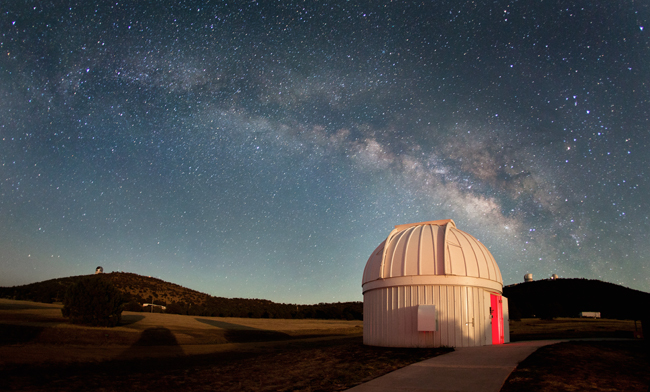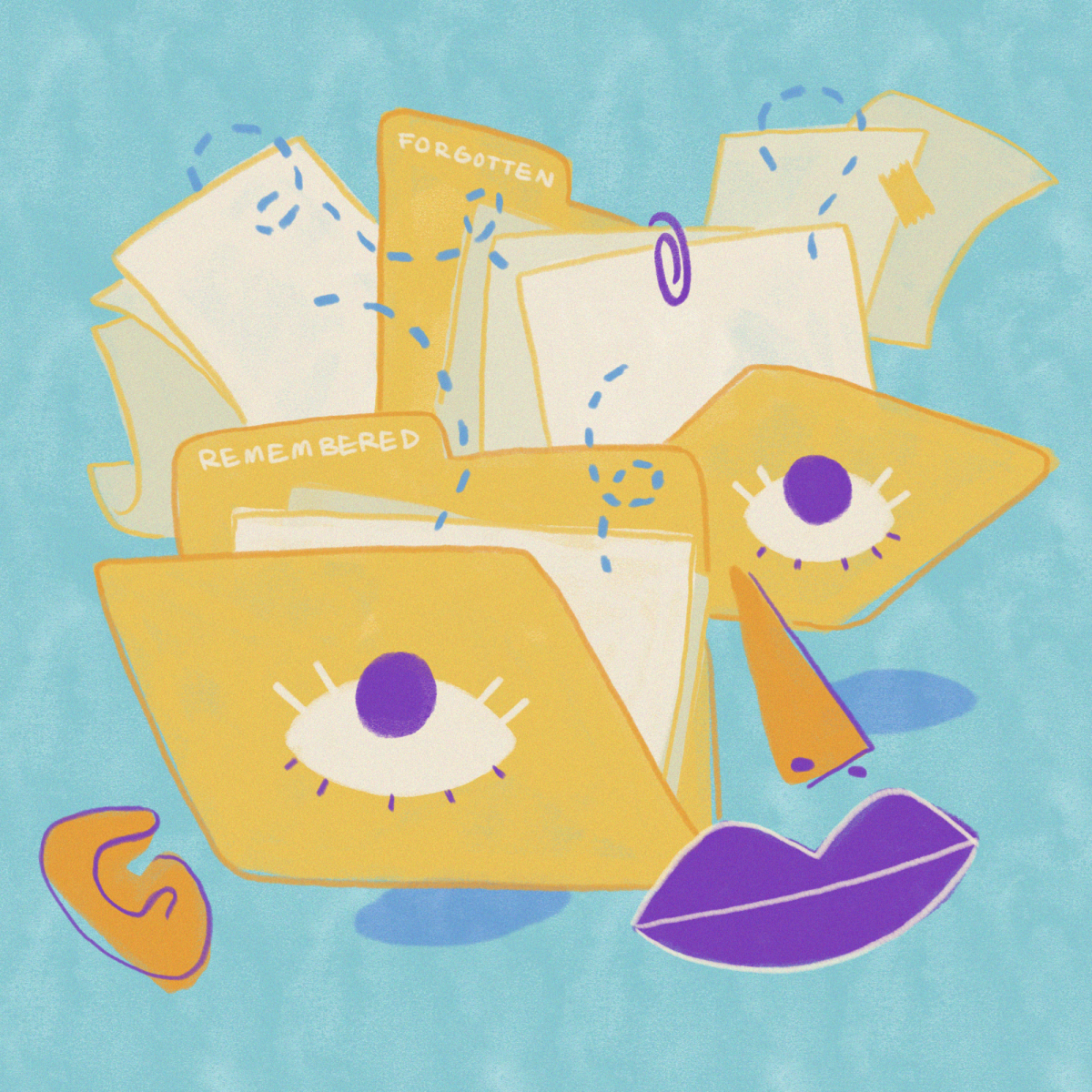The Department of Astronomy is a step closer to mapping the final frontiers of space with a research center, which announced its inaugural class of fellows on Oct. 23, that studies the early history of the universe.
The Cosmic Frontier Center researches early signs of cosmos, black holes and galaxies to better understand the origins of the universe. The two new Frontier Fellows, one postdoctoral student and one PhD student, will focus on observational and theoretical astrophysics to help the Center with its research.
“We want to make many of those important discoveries, enabled with the (James Webb Space Telescope),” said Volker Bromm, co-director of the Cosmic Frontier Center. “But for that, of course, you also need top talent.”
Bromm said the Center, which launched earlier this year, established the fellowship to recruit that talent. Bromm said the fellows add “human capital” to the Center’s strong network of technology, and the program will be a collaborative effort between Frontier Fellows and Center faculty.
Vasily Kokorev, one of the new fellows whose research focuses on black hole observation in the early universe, said one of the hardest parts about this kind of research is the race to publish work before someone else does.
“You’re always on the lookout,” Kokorev said. “You find this little gold mine, and you’re digging for more gold. While you’re doing that, you’re like, ‘Oh, dang. Is there somebody behind me, looking, waiting to jump on me?’”
Kokorev said the Center recently received new data from NASA’s James Webb Space Telescope about early galaxies that will guide its upcoming research.
Bromm said he is optimistic, not just about the future of the center, but the field of astronomy as a whole, because astronomers find something new every day.
“(There is) this sense of wonder and sheer joy of discovery that we have in astronomy right now,” Bromm said. “Every morning you come into the office, you open your inbox, and there are new discoveries. This is a bit like being a kid in a toy store. … It’s just a wonderful time to be an astronomer and to see this story of discovery unfolding.”














